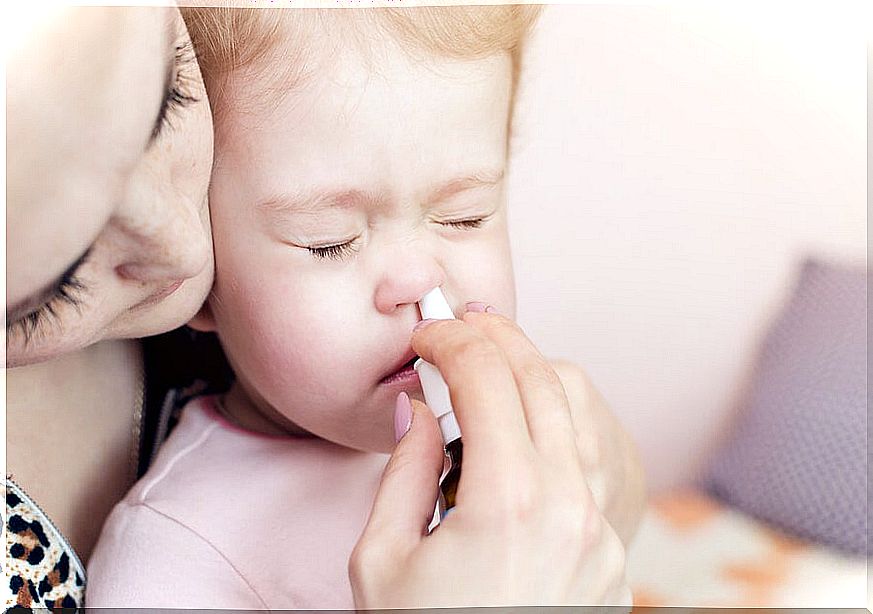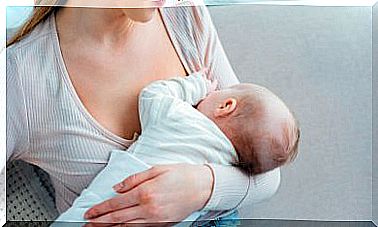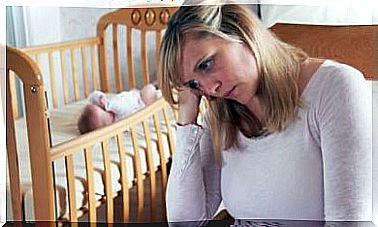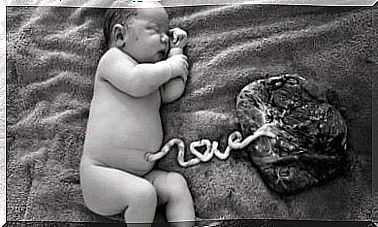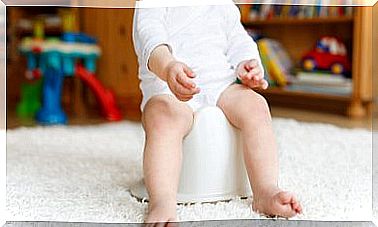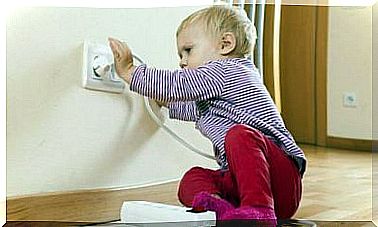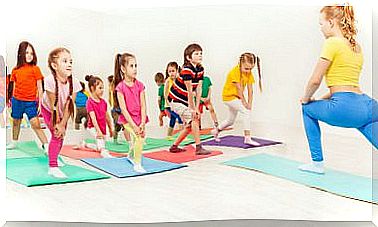Drug Allergy In Children: Symptoms And Treatments
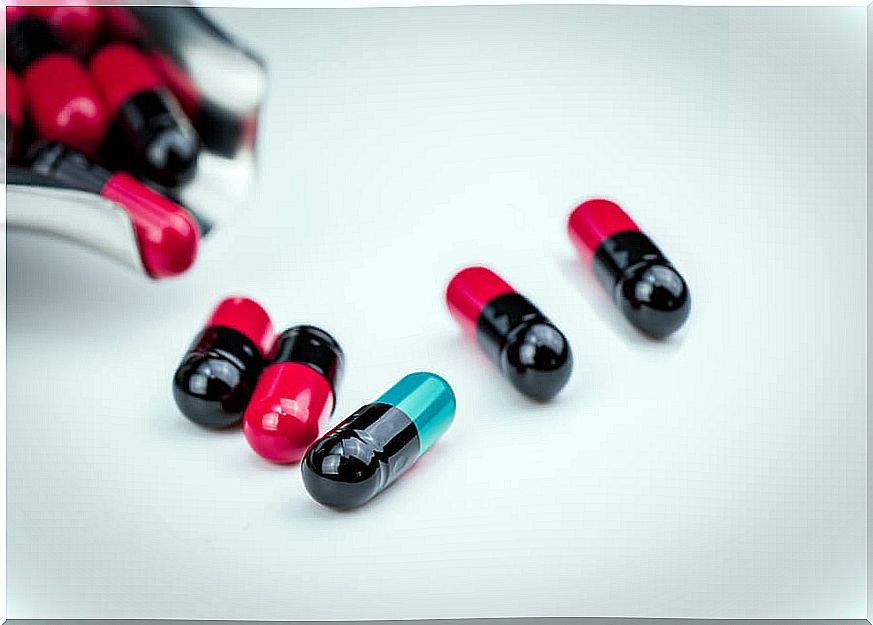
When does your child have an allergic reaction? How can a drug allergy in children be controlled? These concerns are natural to have when infants develop eczema, hives, or respiratory distress after taking medications; we tell you how to proceed.
Symptoms of drug allergies
The symptoms can be different in two allergic people, even if it is caused by the same drug. This is due to the type of sensitivity and response of each person.
However, it is important to recognize in time which medicine causes the reaction. These are some allergy symptoms depending on the areas where they occur:
Skin manifestations
They occur a few hours after taking the drug, or even days later. Hives, hives, eczema or vesicles may appear with no apparent origin. In addition, they are usually painful and give a burning sensation.
Respiratory manifestations
These are generally mild; however, they cause inflammation in the trachea and lung tissue. As a result, the airways close and this prevents normal breathing. In the latter case, the situation must be dealt with urgently, as it has serious repercussions.
Neurological symptoms
Similar to what happens in lung tissue, when there is a greater reaction, brain tissue is affected. Therefore, the symptoms that it produces are dizziness and vertigo; in more severe cases, it can lead to coma and even death.
Causes of drug allergy in children
Drug allergy reactions occur because the immune system mistakenly identifies a drug as a harmful substance; that is, it interprets them as if they were viruses or bacteria.
When this happens, this system produces a specific antibody against the drug. These are chemicals that cause the symptoms and signs of an allergic reaction. This can happen the first time the child takes a medicine or when they have done it several times.
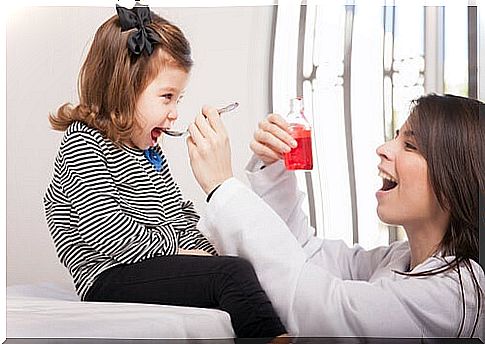
What is anaphylaxis and its signs?
Anaphylaxis is a rare allergic reaction to drugs. However, it puts the patient’s life at risk, as it triggers a generalized dysfunction in the body’s systems. Some of its symptoms are:
- Sickness
- Threw up
- Colic
- Diarrhea
- Dizziness
- Drop in blood pressure
- Loss of consciousness
- Seizures
- Narrowing of the throat and airways
Medicines that cause allergies in children
Drug allergy in children can be caused by any drug. However, the most prone to allergies are those of frequent use, such as anti-inflammatory and fever-reducing drugs, including ibuprofen, aspirin, paracetamol, nolotil and voltaren. Antibiotics in the penicillin family can also cause allergies.
Treatments for allergies
There are many medications that are effective and easy to use; some are over the counter and others require a prescription. It is important to note that both groups of medications should always be recommended by your child’s pediatrician; self-medication is not recommended under any point of view.
Antihistamines
They are the ones that have been used for allergies the longest. These suppress the effects of histamine, that is, inflammation, itching, and mucus production in the tissues.
For mild allergies, pediatricians recommend antihistamine sprays, syrups, or chews, which melt. They are generally prescribed to be taken in the afternoon or evening, as they often cause drowsiness or dizziness. These are over the counter and easy to buy.
Decongestants
They are given to decongest the nose, and are sometimes prescribed along with antihistamines. However, the side effects of these drugs produce hyperactivity, anxiety, palpitations or difficulty sleeping. That is why its use must be strictly medicated and for a limited time.
Corticosteroids or cortisones
They come from the category of steroid drugs. They are powerfully effective for treating drug allergy in children. This requires that it be administered on a regular daily schedule, rather than one dose when needed.
They are available in various forms, such as creams and ointments, and are effective for eczema in children. On the other hand, some sprays contain derivatives of cortisone and are used in patients with nasal allergy.
Desensitization of the offending drug
This is a technique that consists of the progressive administration of the drug that causes the allergy. It is only used in some serious allergic reactions and in cases where it is really essential, since there are no other alternative medications to the disease.
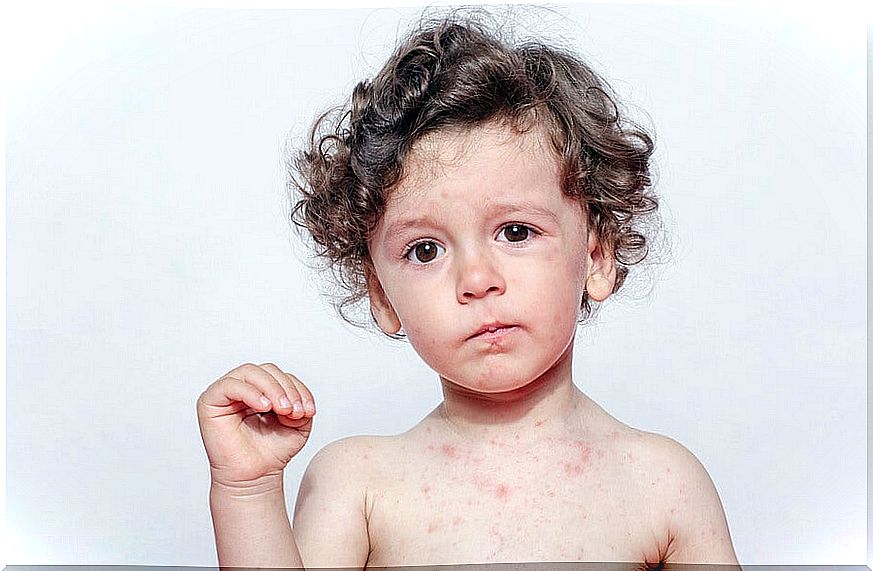
Prevention of drug allergies in children
The pediatrician plays a key role in the prevention of drug allergies. Their first responsibility is to collect clinical data, essential for carrying out allergological studies.
It is important that the child’s allergy be recorded in detail in the medical history. On the other hand, to avoid an allergy to antibiotics, it is advisable to limit their unnecessary use. In the same vein, clinical conditions prone to infection should be treated immediately.
Ultimately, drug allergy in children can be prevented or, failing that, treated effectively. Follow these suggestions and your child can be in good health without suffering irreversible damage.
